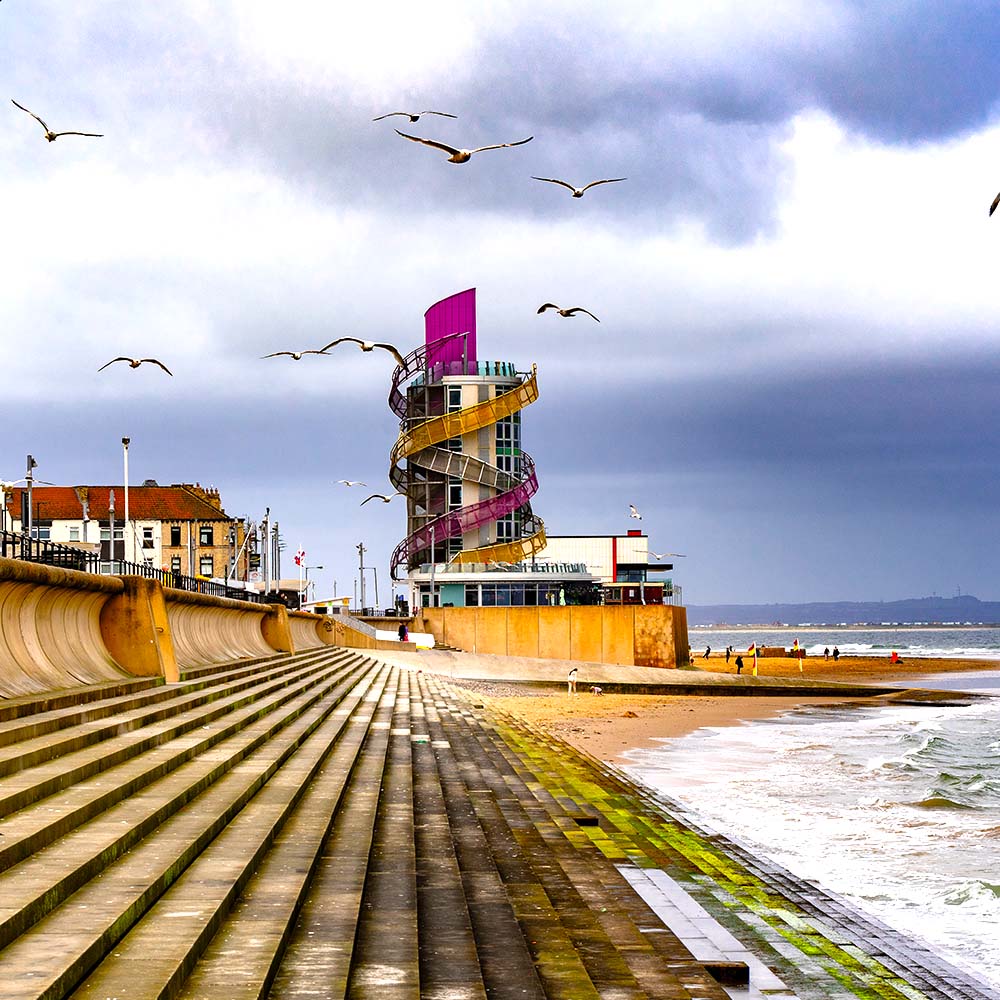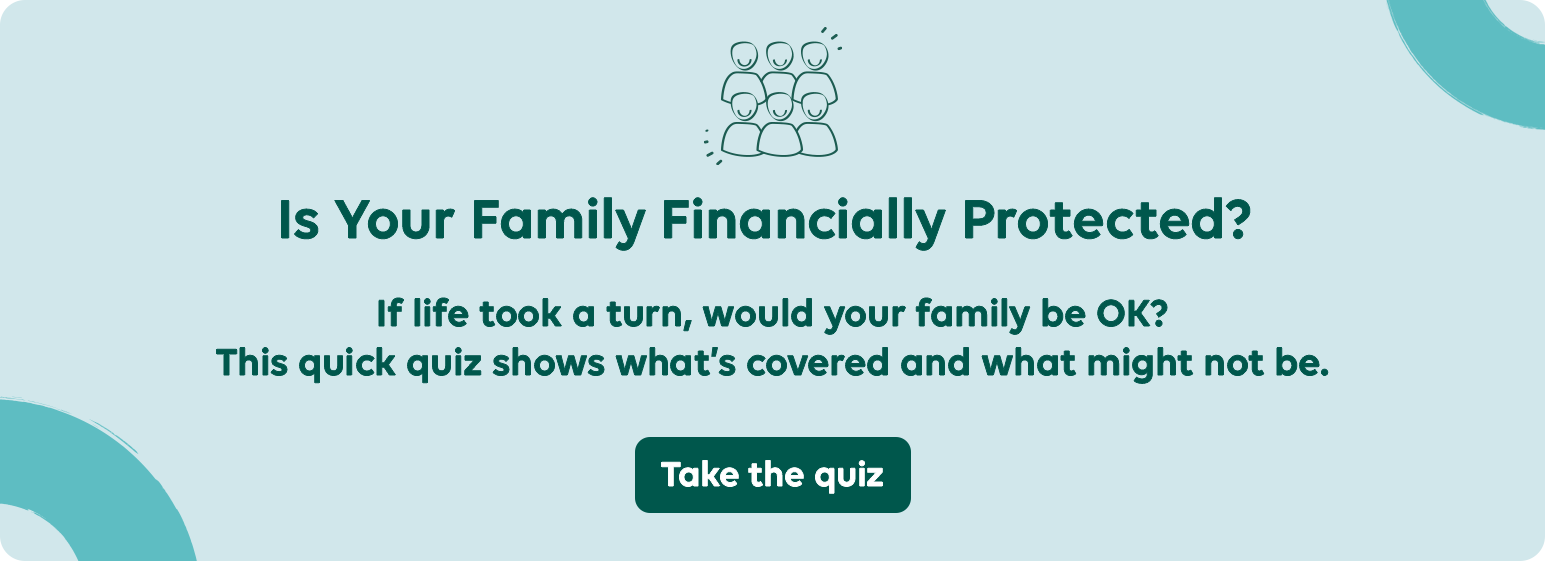A Property Trust is a legal arrangement where a property (or a portion of it) is transferred into a trust to be managed for the benefit of specified individuals (the beneficiaries). As well as being a valuable way to protect and manage your property, it can also provide added benefits like tax efficiency and asset protection.


What Is a Property Trust?
Common Types of Trusts Used to Hold Property in the UK
In the UK, there are several types, each serving different purposes and offering unique benefits:
Life Interest Trust

Life Interest Trust
A Life Interest Trust allows you to leave your property to someone — often a spouse or partner — so they can continue living in the home for the rest of their life. After they pass away, the property then passes to your chosen beneficiaries, such as your children or grandchildren.
Discretionary Trust

Discretionary Trust
A Discretionary Trust gives your Trustees the flexibility to decide how the property — and any income it generates — is shared between your beneficiaries. This can help manage family assets over time and allows support to be provided based on each beneficiary’s circumstances and needs.
Bare Trust

Bare Trust
A Bare Trust gives your chosen beneficiaries full rights to the property and any income from it. It’s often used when leaving property to children or grandchildren, with the trust holding the property until they reach adulthood and can take full control.
Interest in Possession Trust

Interest in Possession Trust
An Interest in Possession Trust allows a beneficiary to live in the property or receive income from it during their lifetime — but they don’t own the property outright. After they pass away, the property then passes to the next beneficiary you’ve chosen, such as your children or grandchildren.

Life Interest Trust
A Life Interest Trust allows you to leave your property to someone — often a spouse or partner — so they can continue living in the home for the rest of their life. After they pass away, the property then passes to your chosen beneficiaries, such as your children or grandchildren.

Discretionary Trust
A Discretionary Trust gives your Trustees the flexibility to decide how the property — and any income it generates — is shared between your beneficiaries. This can help manage family assets over time and allows support to be provided based on each beneficiary’s circumstances and needs.

Bare Trust
A Bare Trust gives your chosen beneficiaries full rights to the property and any income from it. It’s often used when leaving property to children or grandchildren, with the trust holding the property until they reach adulthood and can take full control.

Interest in Possession Trust
An Interest in Possession Trust allows a beneficiary to live in the property or receive income from it during their lifetime — but they don’t own the property outright. After they pass away, the property then passes to the next beneficiary you’ve chosen, such as your children or grandchildren.
Common Types of Trusts Used to Hold Property in the UK
In the UK, there are several types, each serving different purposes and offering unique benefits:
Life Interest Trust
Discretionary Trust
Bare Trust
Interest in Possession Trust
What Property Trusts Can Help You Do
To determine the best option for your retirement, you should:

Frequently Asked Questions About Property Trusts
What is a Trust and how does it work in Estate Planning?
A Trust is a legal arrangement where you (the “settlor”) transfer assets to Trustees, who manage them for the benefit of your chosen beneficiaries. Trusts can be an effective tool in Estate Planning to protect assets, reduce inheritance tax, and control how and when your beneficiaries receive their inheritance. There are also several different types of trusts, including Property Trusts, Pension Trusts, and Savings Trusts. We can help you set up a trust that aligns with your goals and ensures your assets are managed according to your wishes.
How do I set up a Property Trust with Joslin Rhodes?
Simply get in touch to book a free one-to-one consultation. Our Financial Planner will discuss your circumstances and, if a Property Trust is appropriate, outline all costs and next steps.
Can I change my mind after setting up a Property Trust?
If the Property Trust is part of your will, you can usually change it at any time while you’re still alive and have the mental capacity to do so, simply by updating your will. However, once you’ve passed away and the trust has been set up, it generally can’t be changed, as it becomes legally binding. That’s why it’s so important to get professional advice and carefully consider your options before including a Property Trust in your will.
Are there ongoing costs associated with Trusts?
Yes, there may be costs for setting up and managing a Trust, such as legal fees, trustee fees, and annual tax charges for certain trusts. We’ll talk you through all the ongoing costs though before you proceed.

